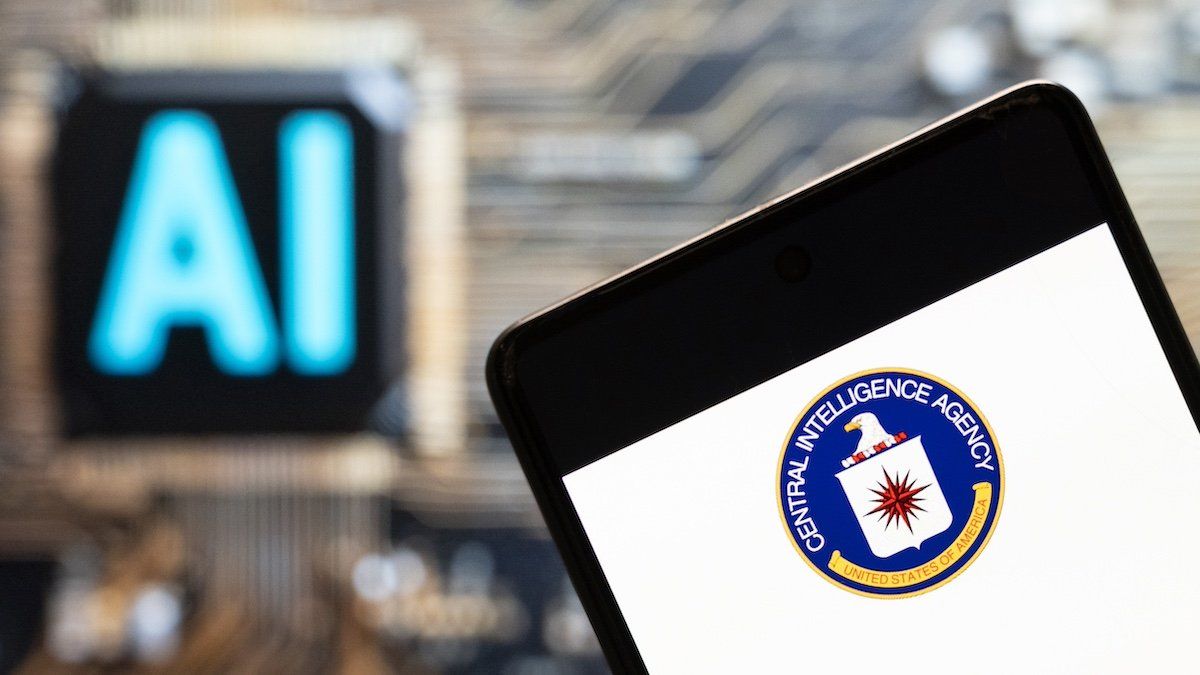The Central Intelligence Agency has reportedly spent the last two years developing an artificial intelligence chatbot.
The chatbot helps analysts get inside the heads of foreign presidents and prime ministers by conversing with them about various topics. And unlike many of its initiatives, the CIA actually wants the public to know about it. “It is a fantastic example of an app that we were able to rapidly deploy and get out to production in a cheaper, faster fashion,” CIA Chief Technology Officer Nand Mulchandani told the New York Times.
This program should continue under new CIA leadership, assuming Trump’s nominee John Ratcliffe is confirmed by the US Senate. Ratcliffe said that the agency has “struggled to keep pace” with technological innovation. Still, he said that Biden’s CIA director, William Burns, had attempted to expand the agency’s tech innovation experts and pledged to expand them. “The nation who wins the race in the emerging technologies of today will dominate the world of tomorrow,” he added.
The CIA gave no other details about its chatbot — what technology it’s based on, whether it worked with government contractors, and what steps it takes to keep its likely classified conversations secure. But as the agency changes hands, and the Trump administration cozies up with Silicon Valley, expect deeper integration between the national security and technology sectors in the years to come.
